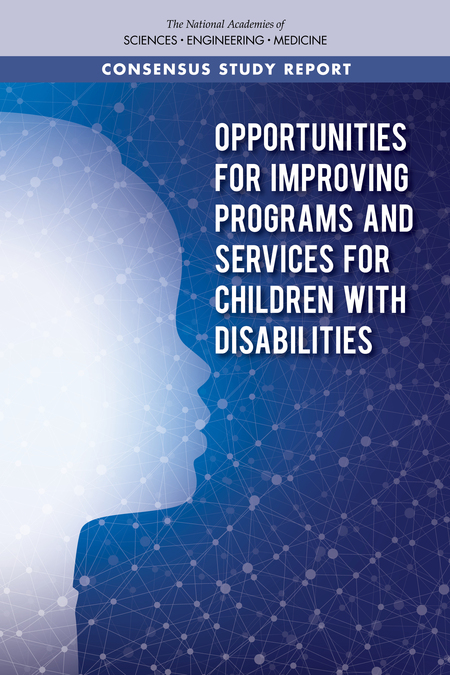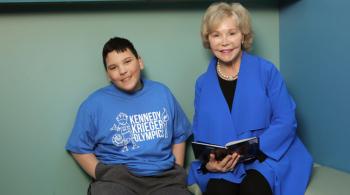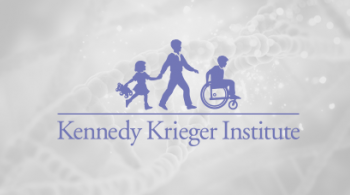
The National Academy of Sciences, Engineering, and Medicine released a report in May on how to improve health outcomes for children with disabilities. The report, “Opportunities for Improving Programs and Services for Children with Disabilities,” describes the characteristics of effective U.S. programs and services for children with disabilities. Maureen van Stone, the Maryland Center for Developmental Disabilities’ interim director, served on the academy’s committee that examined federal, state and local programs and services in a range of areas, such as healthcare, special education, transition to adulthood, vocational rehabilitation and social services.
One of the highlights of the report is its emphasis on the importance of giving children with disabilities access to a wide range of quality programs and services that meet their individualized needs, which evolve as they grow, develop and transition into adulthood. These programs and services are ideally coordinated within and across service sectors. “We know that early experiences have an impact on later experiences and long-term outcomes,” van Stone says, “so it is important that near- and long-term goals are linked to the attainment of desired long-term outcomes, and that services are individualized based on an assessment of the child’s and family’s specific needs.
“The report also points to the importance of engaging families in the care their children receive, helping them navigate through and connect with the array of available supports, and of conducting rigorous, systematic evaluations of—and continuous improvements to—services,” van Stone adds. The Social Security Administration funded the study.









